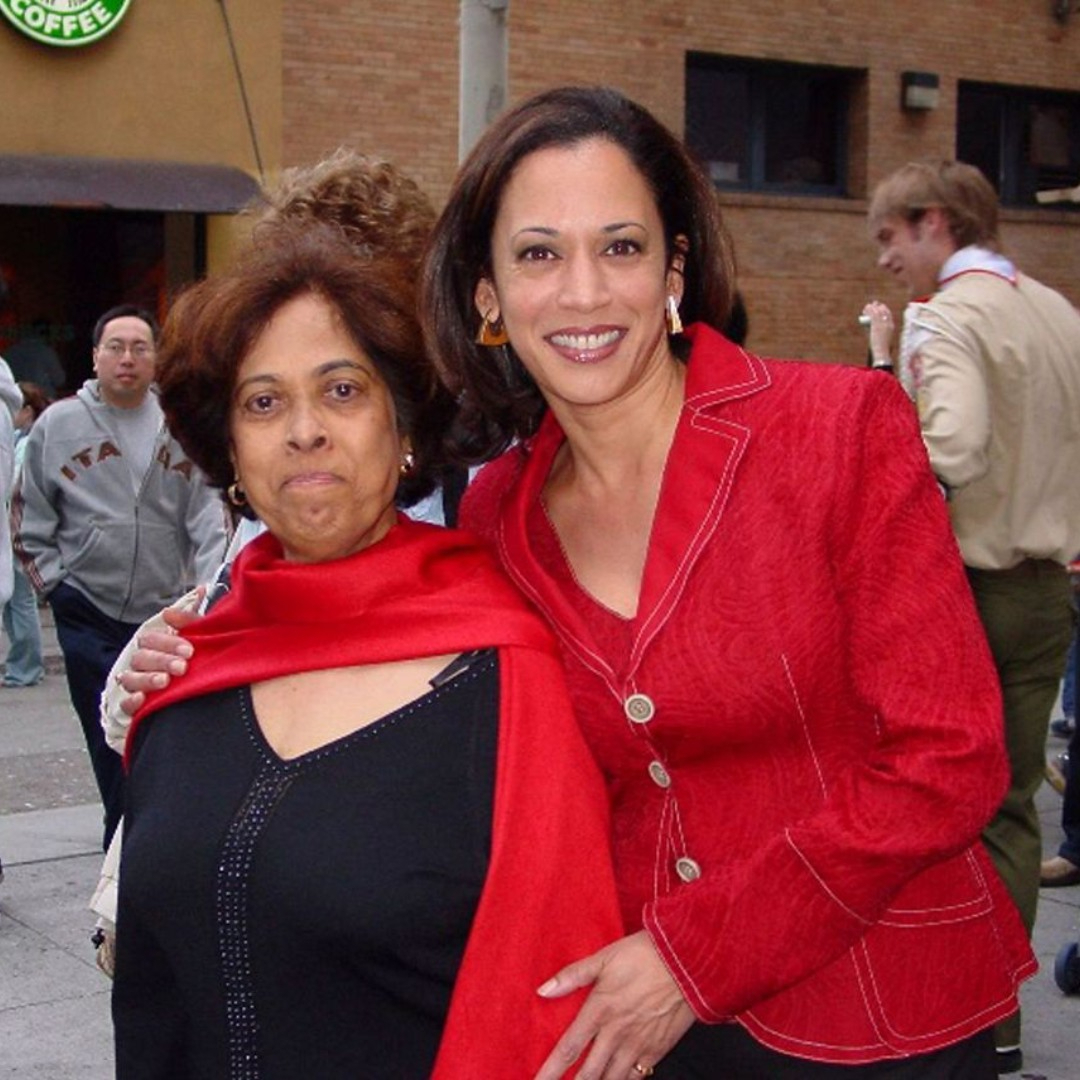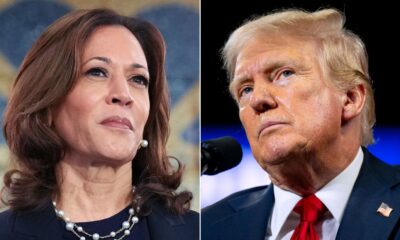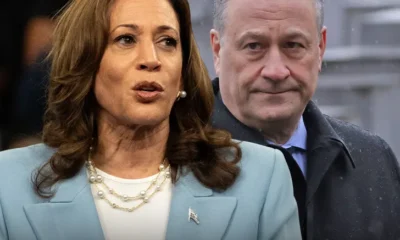CELEBRITY
It’s the kind of loss that changes your life forever. There’s the time before the cancer – and the time afterward. Grief is already painful enough. Families shouldn’t have to suffer financially on top of it all. My mom had to go back to work for a decade to pay off the hospital debt from the last week of my dad’s life ” Kamala Harris and Tim Walz lost a parent to cancer

Vice President Kamala Harris is the Democratic nominee for president, and as she aims to become the first female president, Harris’s family and career is firmly in the spotlight.
In January 2021, she made history as the first woman, first Black American, and first Indian American to serve just a heartbeat away from the nation’s highest office—and now, she could very well be the Democratic nominee for president. Speaking about the inauguration on Good Morning America, Harris previously explained, “I was raised by a mother who said that to me all the time: ‘Kamala, well, you may be the first to do many things—make sure you’re not the last.’ And that’s how I feel about this moment.”
In her work as a prosecutor, Senator, and on the campaign trail, Harris often discussed how paramount this familial background is in shaping her beliefs—and specifically, Harris has credited much of her success to her mother, who passed away in 2009. The Senator once called Shyamala Gopalan Harris “the reason for everything.”
Shyamala Gopalan Harris immigrated to the United States from India.
Born in Madras (now Chennai), India, Gopalan was just 19 years old when she left India alone. Having graduated from Delhi University, she went to study at the University of California, Berkeley, where she received her doctorate in nutrition and endocrinology.
It was 1958 when Gopalan entered the U.S. and, at the time, most Indian households didn’t have phones. The only way for a young Gopalan to stay in touch with her family was through handwritten letters, known as aerograms, which often took about two weeks to arrive. But despite the distance, the family remained close.
She was a world-renowned scientist.
After receiving her PhD, Gopalan stayed at UC Berkeley and became a breast cancer researcher. Her success in this field took her to universities around the world, where she continued conducting research and teaching. She worked at the University of Illinois and the University of Wisconsin, spent time in France and Italy, and then received tenure at McGill University in Montreal. Gopalan brought her two daughters with her to Canada. Kamala lived there from age 12 until high school graduation.
Gopalan’s breast cancer research was notably influential. Her work “sparked many advances regarding the role of progesterone and its cellular receptor in breast biology and cancer,” said Breast Cancer Action’s obituary. “The world of women affected by breast cancer changed for the better because of [Gopalan’s] presence in it.”
Gopalan was a civil rights activist and met her husband at a protest.
In the 1960s, Gopalan met the man who would become her husband and the father of her children: Donald J. Harris. Both were immigrants (Harris from Jamaica) getting doctorates at UC Berkeley and were actively involved in the civil rights movement; they met at a protest. The pair married in 1963 and remained involved in the movement, even bringing their daughters along from time to time.
“That’s how they met—as students, in the streets of Oakland, marching and shouting for this thing called justice, in a struggle that continues to this day,” Harris said in her first public remarks as Biden’s running mate. “And I was part of it. My parents would bring me to protests—strapped tightly in my stroller.”
Gopalan and Harris eventually divorced in the early 1970s, when Kamala was 7, but Gopalan continued fighting for racial equality. She mentored students of color, counseled African-American women battling breast cancer, and instilled political activism in her daughters.
“My mother had been raised in a household where political activism and civic leadership came naturally,” Kamala Harris wrote in her 2019 autobiography, The Truths We Hold. “From both of my grandparents, my mother developed a keen political consciousness. She was conscious of history, conscious of struggle, conscious of inequities. She was born with a sense of justice imprinted on her soul.”
Harris recently told Vogue that her experiences of “being in a stroller” surrounded by activists informed her view of the ongoing fight against structural racism. “The Black Lives Matter movement, this movement that we are witnessing and had witnessed through the summer, is an extension of that movement,” she said of the civil rights movement.
Maya Harris, Kamala’s sister, once tweeted, “You can’t know who Kamala Harris is without knowing who our mother was.”



















